$410.00 – $1,140.00
Where To Buy Bulk Cannabigerol Isolate Oil – CBG
Cannabigerol (CBG) is a non-psychoactive cannabinoid found in the cannabis plant. It is one of many cannabinoids present in cannabis, along with well-known compounds like cannabidiol (CBD) and tetrahydrocannabinol (THC). CBG is derived from cannabigerolic acid (CBGA), which is a precursor to the major cannabinoids THC, CBD, and CBC.
CBG isolate oil refers to a product that contains a concentrated form of CBG, typically in the form of an oil. Isolating CBG involves extracting it from the cannabis plant and refining it to remove other compounds, such as THC and CBD, resulting in a pure CBG extract. This isolated CBG extract is then often mixed with a carrier oil, such as hemp seed oil or MCT oil, to create CBG isolate oil.
CBG isolate oil offers the potential benefits associated with CBG without the presence of other cannabinoids. Some people use CBG for its potential therapeutic properties, which may include anti-inflammatory, antibacterial, neuroprotective, and analgesic effects. However, it’s important to note that research on CBG is still in its early stages, and more studies are needed to fully understand its potential benefits and effects.
| Potency | 5% CBG, 10% CBG, 15% CBG, 20% CBG |
|---|---|
| Carrier Oil | MCT Coconut Oil, Hemp Seed Oil, Salmon Oil |
| Volume | 1 Liter(s) |
Be the first to review “Cannabigerol Isolate Oil – CBG” Cancel reply
Related products
CBD Capsules
CBD Oils
CBD Products
Cannabinoid Isolates
CBD Distillates
CBD Vapes


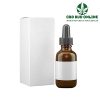
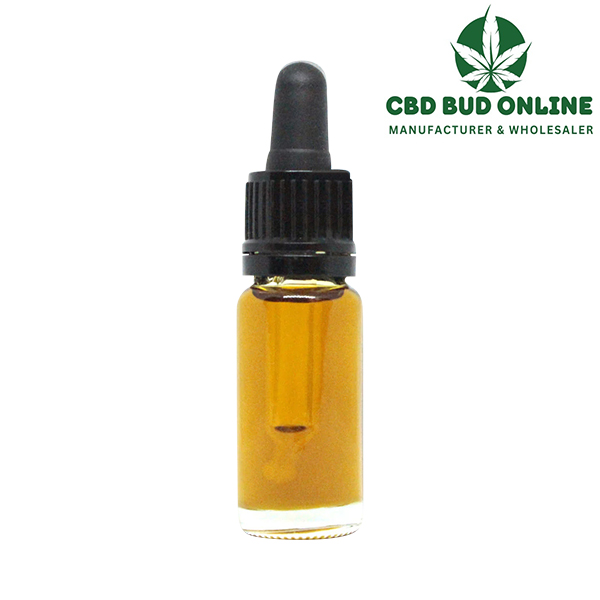
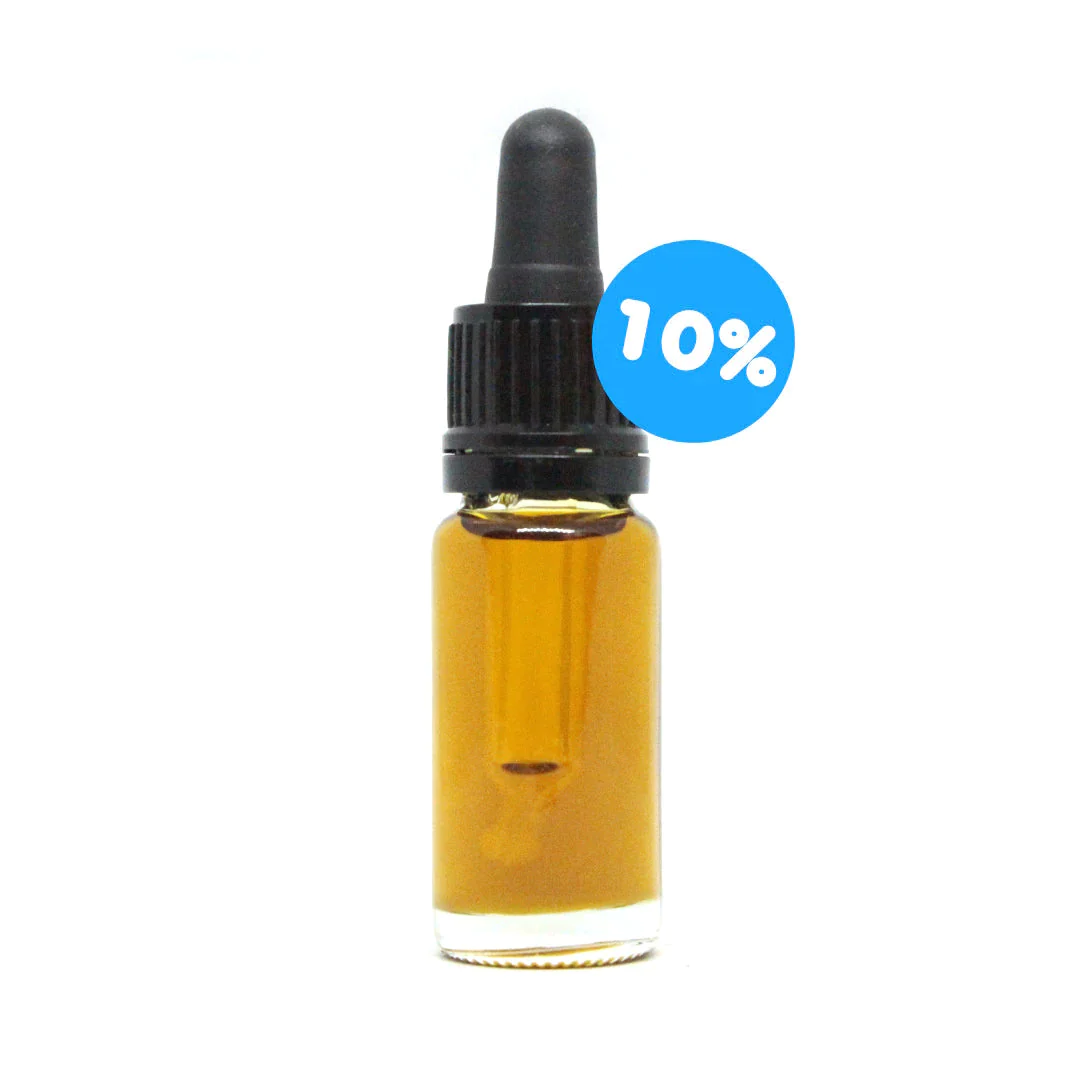
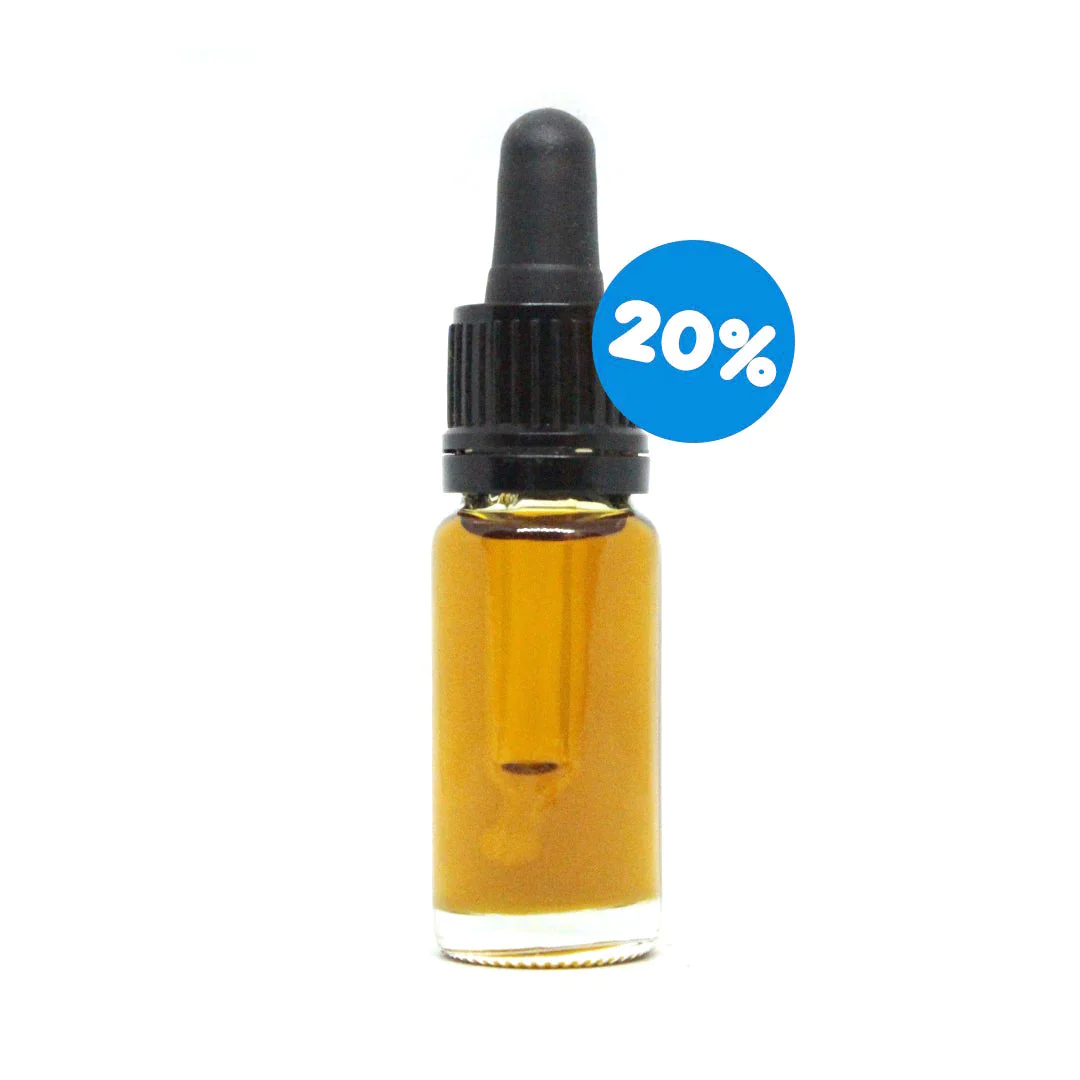
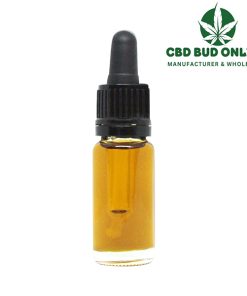
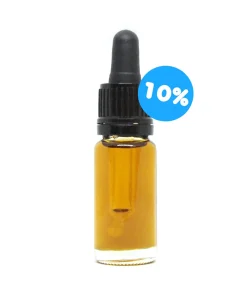
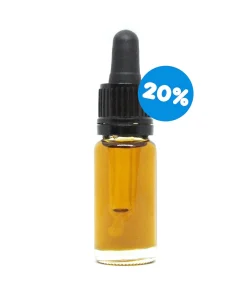

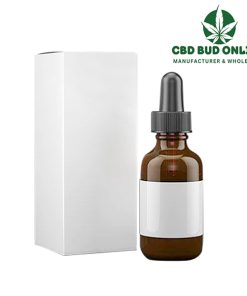

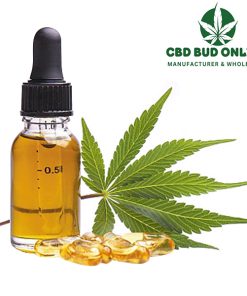
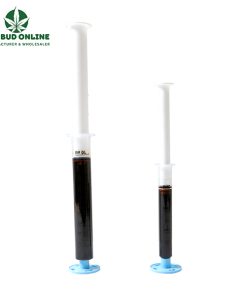
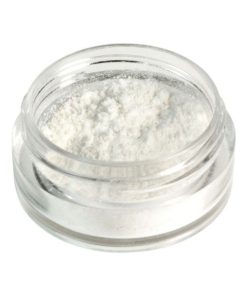
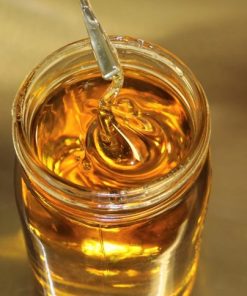
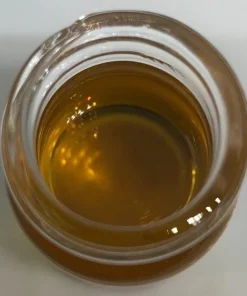
Reviews
There are no reviews yet.